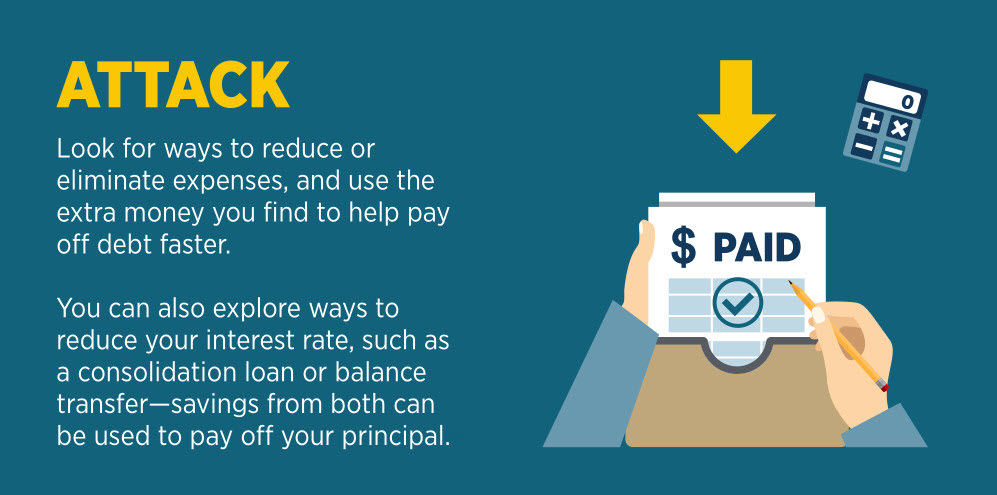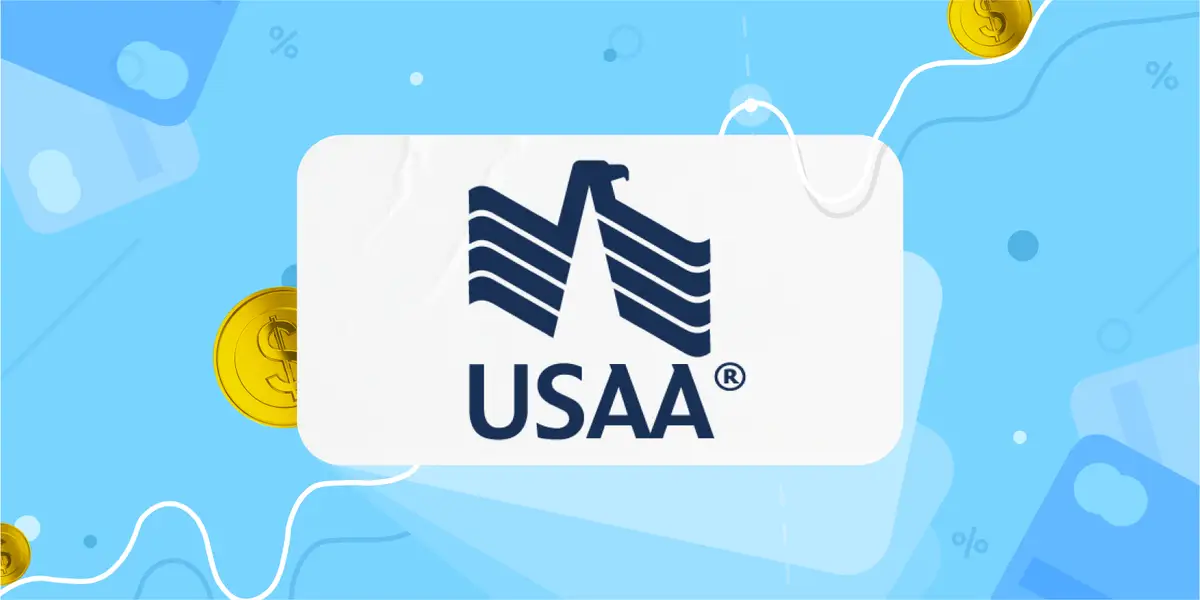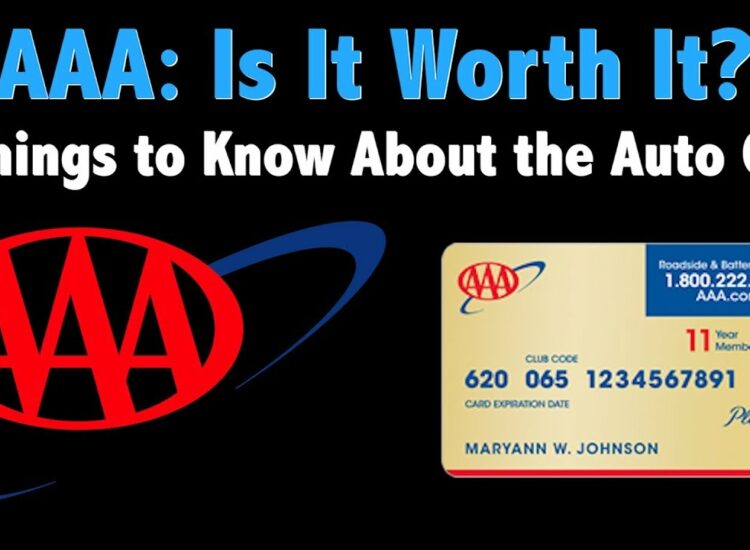For military members and their families, managing multiple debts with high interest rates can be a significant financial burden. According to the 2023 Military Family Advisory Network report, military households face a substantial burden of debt, with an average of $25,000 in non-mortgage debt per household. This highlights the need for financial solutions like USAA debt consolidation loans , which are designed to simplify finances and reduce overall debt. USAA, a trusted financial institution serving the military community, offers a debt consolidation loan program that allows borrowers to combine multiple debts into a single, more manageable payment, potentially lowering interest rates and monthly payments. This comprehensive guide will delve into the details of the USAA debt consolidation loan, its features, and how it can help you regain control over your financial situation.
Toc
Understanding USAA Debt Consolidation Loans

A USAA debt consolidation loan allows you to merge various high-interest debts, such as credit cards, personal loans, and medical bills, into one single loan. This process not only simplifies your monthly payments but can also lead to lower interest rates and reduced monthly obligations. By choosing a USAA consolidation loan, borrowers benefit from the flexibility of selecting loan amounts and repayment terms that suit their financial needs.
Debt consolidation can be particularly advantageous for military families facing the stress of juggling multiple financial commitments. With USAA’s offerings, you can potentially experience significant savings and enjoy a clearer path to financial stability. The peace of mind that comes with a simplified repayment process can be a game-changer, helping you focus on other important aspects of your life.
USAA Debt Consolidation Loan Features and Benefits

Loan Amounts and Terms
USAA provides a range of loan amounts for their debt consolidation loans, allowing you to borrow as little as $2,500 or as much as $50,000. The repayment terms are equally flexible, spanning from 12 to 84 months. This flexibility allows you to tailor the loan to your specific needs, whether you prioritize paying down your debt quickly or making smaller monthly payments.
- Shorter Terms: If you prefer to pay off your debt more quickly, you can choose a shorter repayment term, which may involve higher monthly payments but can save you money on interest in the long run. For example, a loan with a 36-month term might lead to significant interest savings compared to a 60-month term.
- Longer Terms: Conversely, longer repayment periods can lower your monthly payments, making them more manageable, although they may result in paying more interest over time. A 60-month or 84-month term may be more comfortable if you’re looking to ease your monthly financial burden.
Instead of managing multiple monthly payments to different creditors, you’ll have one single payment to USAA. This streamlines your finances and eliminates the risk of missing a payment on any of your original debts, which could negatively impact your credit score.
Interest Rates and APR
When it comes to interest rates, USAA evaluates your creditworthiness through a comprehensive review of your financial profile rather than adhering to a strict minimum credit score requirement. This holistic approach means that even individuals with varying credit histories may qualify for a debt consolidation loan USAA.
While USAA’s interest rates are competitive, especially compared to the often exorbitant rates associated with credit card debt, borrowers can also benefit from a 0.25% reduction in interest rates by opting for automatic payments from a USAA checking account. For instance, if your initial interest rate is 8%, opting for automatic payments from a USAA checking account could reduce your interest rate to 7.75%, saving you money over the life of the loan. This feature not only helps save money but also ensures timely payments.
Understanding how USAA determines interest rates can help you prepare before applying. Factors such as your credit history, income stability, and current debt levels are all taken into account. While USAA’s interest rates are competitive, it’s crucial to remember that interest rates are currently rising, making debt consolidation an even more attractive option for those seeking to reduce their monthly interest payments.
Factors Affecting Interest Rates
USAA considers various elements when determining interest rates, including your credit score, debt-to-income ratio, and overall financial health. A strong credit history and stable income can lead to more favorable interest rates, making it essential to maintain good financial practices.
Fees and Costs
One of the major advantages of a USAA debt consolidation loan is the absence of origination fees or prepayment penalties. This means you won’t incur any extra costs when applying for the loan or if you choose to pay it off early. However, USAA does offer optional Debt Protection insurance, which can provide peace of mind in case of unexpected events like unemployment or disability.
With no origination fees or prepayment penalties, USAA provides a transparent and cost-effective borrowing experience, allowing you to budget accurately and avoid unexpected charges. This transparency in fees is a significant benefit, as many lenders impose hidden charges that can increase the overall cost of borrowing. With USAA, you can rest assured that what you see is what you get, allowing you to plan your finances more effectively.
Eligibility Requirements
To be eligible for a USAA debt consolidation loan, you must be a member of the USAA community. This includes active duty military personnel, veterans, and their immediate family members. While USAA does not specify a minimum credit score, they will assess your overall creditworthiness, including your credit history, income, and debt-to-income ratio.
It’s important to note that not all military members may qualify for a USAA debt consolidation loan. USAA evaluates each applicant’s financial situation and creditworthiness, and those with poor credit history or high debt-to-income ratios may not be approved. The requirement of USAA membership is a vital aspect to consider. If you are not already a member, you may need to apply for membership, which is open to those who have served in the military and their families. This focus on serving the military community sets USAA apart from other lenders.
How to Apply for a USAA Debt Consolidation Loan

Applying for a USAA consolidation loan is a straightforward process that can be completed entirely online. Here’s a step-by-step guide to help you navigate the application:
Gather Required Documents
Before starting your application, collect the necessary documents, which may include:
- A government-issued ID
- Your Social Security number
- Proof of income (such as pay stubs or tax returns)
- Information about your existing debts (including account numbers and balances)
Having these documents ready will streamline the application process and help you provide accurate information.
Complete the Online Application
Visit the USAA website and navigate to the personal loans section. Begin the application process by providing your personal and financial information. The online platform is user-friendly, making it easy to fill out the required fields. Be sure to double-check your information for accuracy to avoid any delays in processing.
Review and Accept the Loan Offer
Once USAA reviews your application, they will present you with a loan offer detailing the interest rate, repayment term, and monthly payment amount. It’s essential to review the terms carefully. If you find the offer satisfactory, you can accept it directly through the online platform.
Take your time to evaluate the offer, considering how the monthly payment fits into your budget. This decision can significantly impact your financial future, so ensure you fully understand the terms before proceeding.
Receive Loan Funds
Upon approval, USAA will deposit the loan funds directly into your designated bank account, typically within the next business day. This quick turnaround can provide immediate relief for those needing to address outstanding debts. Once you receive the funds, you can begin paying off your high-interest debts, effectively consolidating your financial obligations into one manageable payment.
Alternatives to Consider

While a USAA debt consolidation loan is a viable option, it may not be the best fit for everyone. Here are some alternative solutions to consider:
Balance Transfer Credit Cards
Balance transfer credit cards enable you to move existing high-interest debt to a new card, often with a low or even 0% introductory APR. This option can result in significant savings on interest, although it’s important to remember that the introductory period is usually limited to 12-15 months. If you can pay off your balance before the promotional period ends, this can be a cost-effective way to manage your debt. However, be cautious of potential fees associated with balance transfers and ensure you understand the card’s terms before committing.
Debt Management Plans
Debt management plans, typically facilitated by credit counseling agencies, allow you to negotiate with creditors for lower interest rates and reduced monthly payments. With this approach, you will make a single monthly payment to the agency, which will then distribute the funds to your creditors. This can simplify your repayment process and may help you pay off your debt faster. However, it’s essential to choose a reputable credit counseling agency to avoid scams and ensure you receive legitimate assistance.
While debt consolidation can simplify payments and potentially lower interest rates, it’s important to note that closing existing accounts, even when consolidating them, can temporarily lower your credit score. This is because your credit score is partly based on the length of your credit history and the number of open accounts. However, if you manage your consolidated loan responsibly, your credit score should improve over time as you pay down your debt.
Debt Settlement
Debt settlement involves negotiating with creditors to pay a lump sum that is less than the total amount owed. While this can lead to substantial savings, it may also adversely affect your credit score and should be approached with caution. Debt settlement can be a viable option for individuals facing severe financial hardship, but it requires careful consideration and negotiation skills. If you choose this route, be prepared for the possibility of tax implications on the forgiven debt.
Tips for Success with Debt Consolidation

Regardless of the debt consolidation option you choose, developing a solid financial plan is crucial for success. Here are some strategies to maximize your debt consolidation efforts:
- Create a Detailed Budget: Keep track of your income and expenses to ensure you can comfortably make your monthly debt consolidation loan payments. A well-structured budget can help you identify areas where you can cut back and allocate more funds towards debt repayment.
- Prioritize Debt Repayment: Focus on paying off your consolidated debt as quickly as possible to minimize the total interest paid over time. Consider making extra payments whenever possible, as this can significantly reduce the amount of interest you pay over the life of the loan.
- Avoid Accumulating New Debt: Once you’ve consolidated your debt, make a conscious effort to avoid taking on additional debt, such as limiting credit card usage. Building a habit of living within your means is crucial for long-term financial health.
- Seek Professional Guidance: Consider consulting with a financial advisor or credit counselor for personalized advice tailored to your specific financial situation. Professional guidance can help you navigate complex financial decisions and develop a long-term strategy for managing your debt.
- Stay Informed: Keep yourself educated about financial literacy topics, including budgeting techniques, saving strategies, and debt management. The more informed you are, the better equipped you will be to make sound financial decisions.
Frequently Asked Questions
What is the minimum credit score required for a USAA debt consolidation loan?
USAA does not disclose a minimum credit score requirement for their debt consolidation loans. Instead, they evaluate your overall creditworthiness, including your credit history, income, and debt-to-income ratio.
Can I consolidate debt from other lenders with a USAA loan?
Yes, a USAA debt consolidation loan can be used to pay off debts from various sources, including credit cards, personal loans, and medical bills from other lenders.
What happens if I miss a payment on my USAA debt consolidation loan?
Missing a payment on your USAA debt consolidation loan can negatively impact your credit score and may result in late fees. It’s crucial to make your payments on time to avoid these consequences.
Is there a prepayment penalty for USAA debt consolidation loans?
No, USAA does not charge a prepayment penalty, allowing you to pay off your loan early without incurring any additional fees.
Conclusion
The USAA debt consolidation loan program provides a valuable solution for military members and their families grappling with high-interest debt. By consolidating multiple debts into a single, more manageable payment, borrowers can potentially enjoy lower interest rates and reduced monthly payments.
While USAA’s offerings may not suit everyone, they represent a strong option worth considering as part of your overall debt management strategy. Remember to carefully evaluate your financial situation, explore alternative options, and seek professional guidance to make the most informed decision for your long-term financial health.
Take the first step towards regaining control of your finances by exploring the USAA consolidation loan offerings. Visit the USAA website or speak with a USAA representative to learn how this solution can help you simplify your debt and achieve financial freedom.






